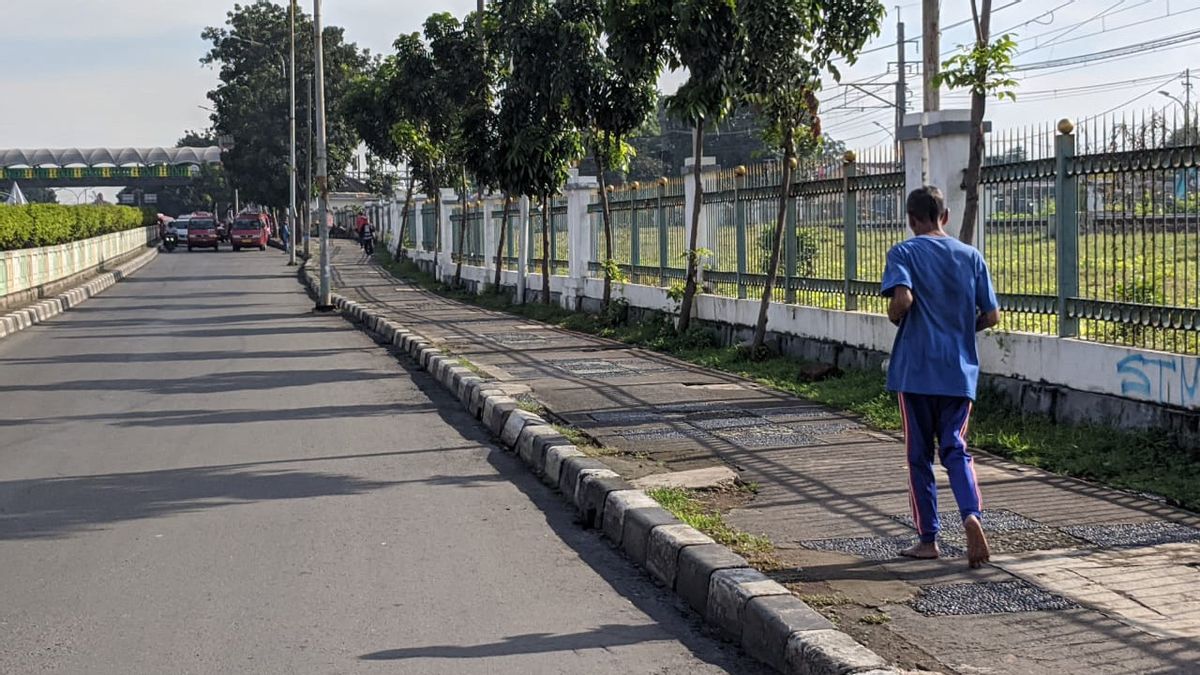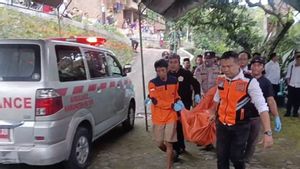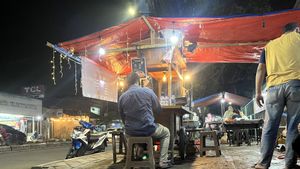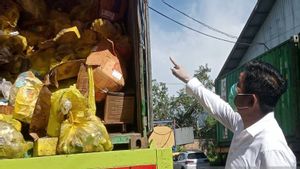JAKARTA - Recent research shows that areas with warmer weather in the northern hemisphere do not necessarily hold back the spread of the new coronavirus. Instead, scientists warn that the climate is tropical and is preparing for a second wave of outbreaks.
The study, published in the Journal Science on Monday, showed that weather factors were not significant in influencing the level of vulnerability of populations to being exposed to the virus during a pandemic. The findings ran counter to initial expectations that the spread of disease could be slowed by changing seasons, especially summer.
Meanwhile, quoted by SCMP, scientists from Princeton University and the United States National Institutes of Health built a model of spread by including the weather factor as a variable of transmission and the length of the limb after infection. This factor is adjusted to the known weather sensitivity of the other two types of coronavirus.
Then they simulated various scenarios based on what was already known about the characteristics of the new coronavirus. And they found that weather conditions, such as humidity, temperature and latitude, had little influence on the extent of the pandemic's spread.
Hot weather does not stem the virusFrom this research, scientists suggest to be prepared for weather changes. "Both tropical and moderate locations must prepare for severe disease outbreaks and that summer temperatures will not effectively limit the spread of infection," write the scientists.
The paper also warns that immune strength will be an important factor in deciding control measures against further outbreaks. However, scientists are still unsure whether the antibodies in people who have been infected with the virus will protect them from second-wave infections.
Scientists warn of a second wave of pandemics in Europe as many countries begin to relax their lockdown policies. They also continue to voice important steps to overcome it, such as the mass COVID-19 test, tracing physical contact, physical distancing, and washing hands with soap.
Other studies have reported the same. For example, research from Harvard's TH Chan School of Public Health in February revealed that transmission is possible at increased humidity and high temperatures. Even a study in France in April revealed that several types of viruses were able to replicate themselves after being heated to 60 degrees Celsius.
The English, Chinese, Japanese, Arabic, and French versions are automatically generated by the AI. So there may still be inaccuracies in translating, please always see Indonesian as our main language. (system supported by DigitalSiber.id)










